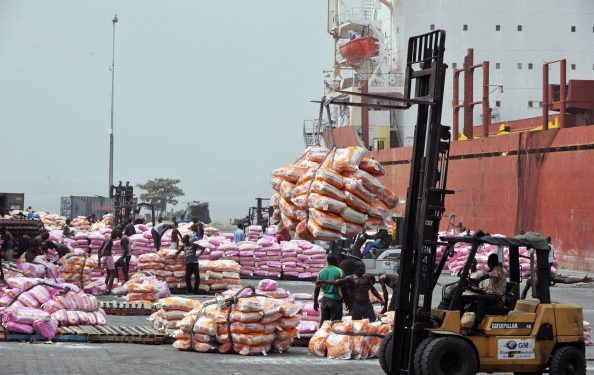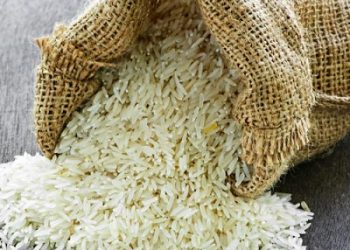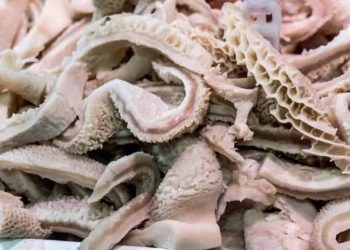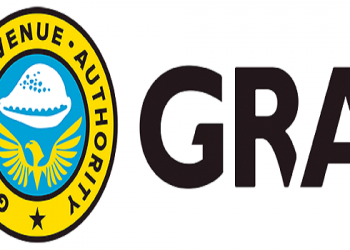The government plans to ban the importation of rice by 2022 to boost local rice production.
The Deputy Minister of Food and Agriculture, Kennedy Osei Nyarko, announced this during a meeting with local rice farmers at Avalavi Weta in the Volta Region on Tuesday.
“Government has a plan and the plan is that we have given ourselves up to 2022 to ban rice imports into this country…Government is doing so just to support the local rice farmers to make sure they gets market and value for whatever we produce.”
Rice is the second most important cereal after maize in Ghana and is a major staple food.
The cereal’s consumption in 2017/18 was estimated at 1 million megatonnes.
The government expects that the annual per capita consumption will reach 40 kilogrammes by 2020.
It is grown throughout all regions of the country through the primary production zones found in the Volta, Ashanti, Eastern, Upper East, and Northern regions.
But a significant amount of the rice consumed in Ghana is foreign, which Mr. Nyarko said was a problem, adding that local rice was significantly better.
“I am not here to condemn foreign rice but I must say the truth, that our rice is healthier and nutritious than those ones they bring from outside the country.”
The Minister also said the government is also working with Wienco Ghana Limited to buy all paddy rice from farmers in the country amid the reports of rice going to waste because of the lack of a ready market.
The commodities and procurement manager at Wienco, Abdul Razak Sania, assured that the company was committed to supporting smallholder farmers.
Aside from support for rice, the company is also eyeing support for maize and soya.
Currently, Mr. Sania said his company was currently more active in the Volta Region.
“In terms of sustainability, we are looking at supporting the agric value chain from input distribution up to the point of final delivery of produce to consumers.”
“We want to say that we are playing a significant role to ensure that paddy produced by farmers are purchased so in the Volta Region. We are actively playing that role and we envision to expand to other areas in the country in the coming days.”
The struggles of rice farmers and millers have left huge quantities of rice at the risk of going waste at the Fumbisi and Gbedembilisi rice valleys in the Builsa South District of the Upper East Region.
As part of more immediate measures to tackle the problem, the Ministry of Food and Agriculture has been meeting with 20 major rice importers to solicit commitments to support rice production in the country.
In line with this, the Ghana National Buffer Stock Company also said it will make its licensed buying companies to purchase all rice produce going bad.
The renewed support for the rice industry followed a campaign by Citi FM’s CEO, Samuel Attah-Mensah who has in the past few days been stressing the need to consume made in Ghana rice.










